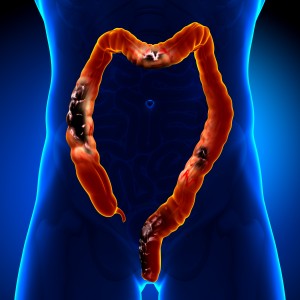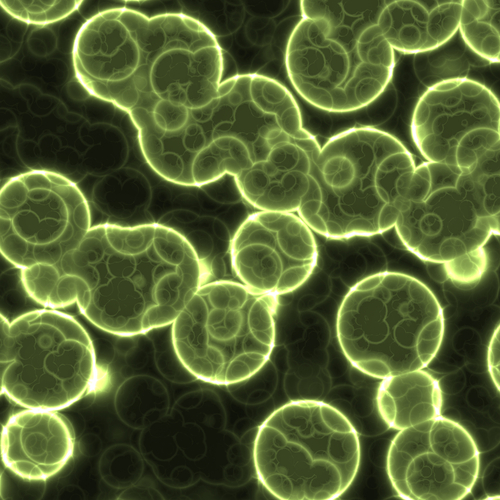 Researchers at the University of Arizona reported a case study of a male patient with a fungal infection that resembled colorectal cancer. The study was published in the journal BMC Research Notes and is entitled “Fungal inflammatory masses masquerading as colorectal cancer: a case report.”
Researchers at the University of Arizona reported a case study of a male patient with a fungal infection that resembled colorectal cancer. The study was published in the journal BMC Research Notes and is entitled “Fungal inflammatory masses masquerading as colorectal cancer: a case report.”
Colorectal cancer is a malignant tumor in the inner walls of the large intestine and rectum, and it is considered the third leading cause of cancer in the United States. It is estimated that colorectal cancer will be responsible for approximately 49,700 deaths in 2015 alone. Infiltrative lesions of rapid progression in the colon and rectum are generally assumed to be malignant, as benign invasive colorectal tumors are extremely rare.
Basidiobolomycosis is a rare fungal infection responsible for abdominal and rectal pain that can generate a mass mimicking gastrointestinal malignancies, such as colorectal cancer. Gastrointestinal basidiobolomycosis infection is a serious condition but if identified early and properly treated, it is curable without surgery. If the condition is aggravated by bowel obstruction, then surgery is inevitable.
This study describes a case report of a 56 year old Caucasian male, suffering from lower abdominal pain for 3 months, rectal pain for a month, and acute onset urinary retention. Earlier examination by the patient’s primary physician failed to determine the cause of the symptoms. An obstructing rectal and cecal mass was found after patient examination, and computerized tomography guided biopsy revealed that the affected tissues had extensive acute inflammation and fibrosis, and that the mass corresponded to fungal gastrointestinal basidiobolomycosis.
The patient was submitted to oral itraconazole antifungal treatment (100 mg twice daily) for 12 months and exhibited a rapid significant improvement in pain and urinary retention and a good clinical and radiological overall response, with magnetic resonance imaging (MRI) scans every three months to monitor the antifungal treatment response.
The team concluded that during the assessment of colorectal masses with atypical lesions, clinicians should keep in mind the possibility of gastrointestinal basidiobolomycosis infection. Although it is a rare occurrence, it is being detected more frequently in regions where the fungus Basidiobolus ranarum is endemic, such as the southwestern United States. Since 1997, seventeen GIB cases have been reported in Arizona and two in Utah and Florida.


